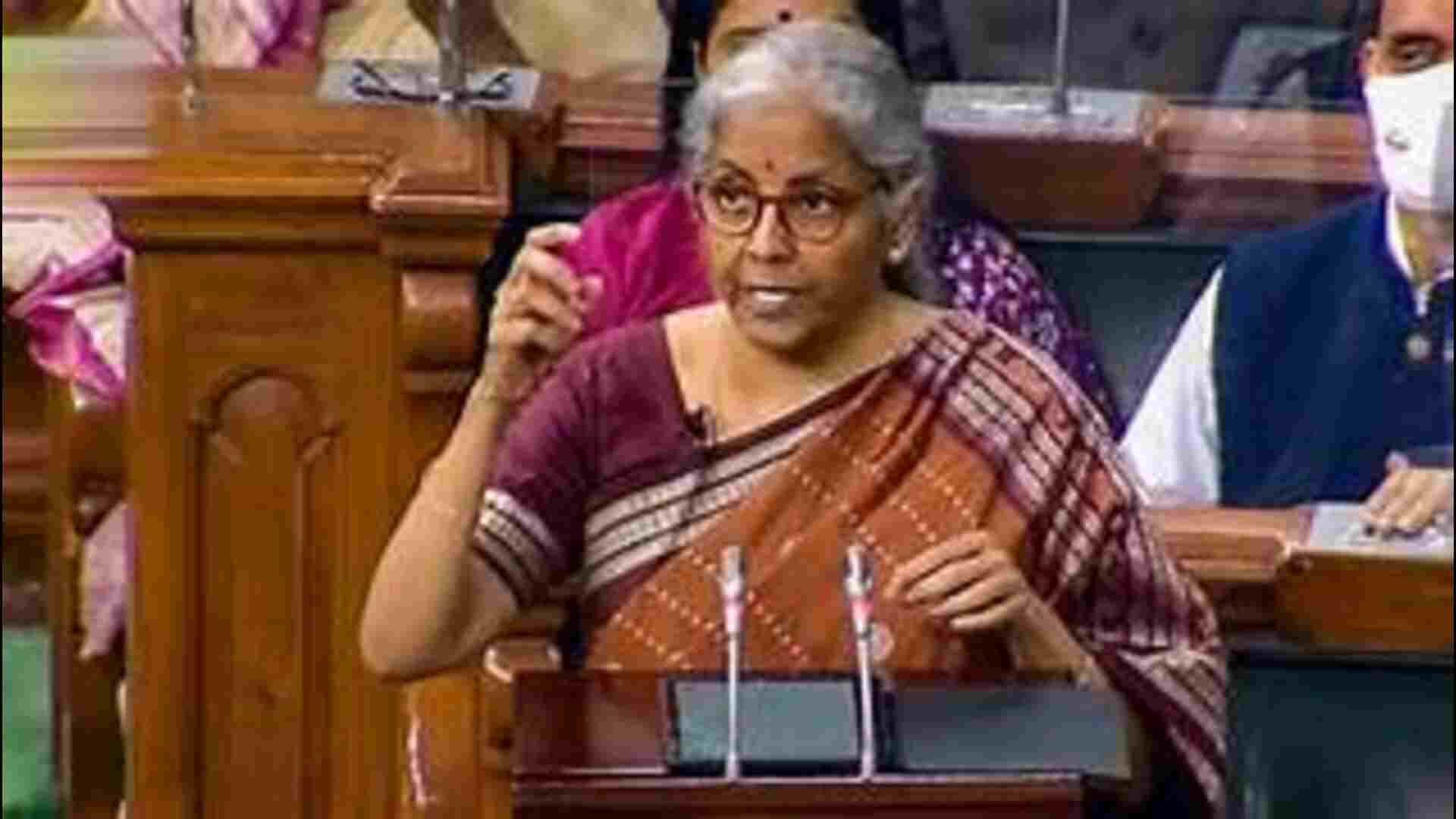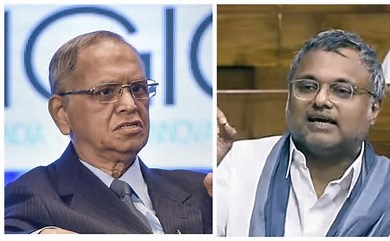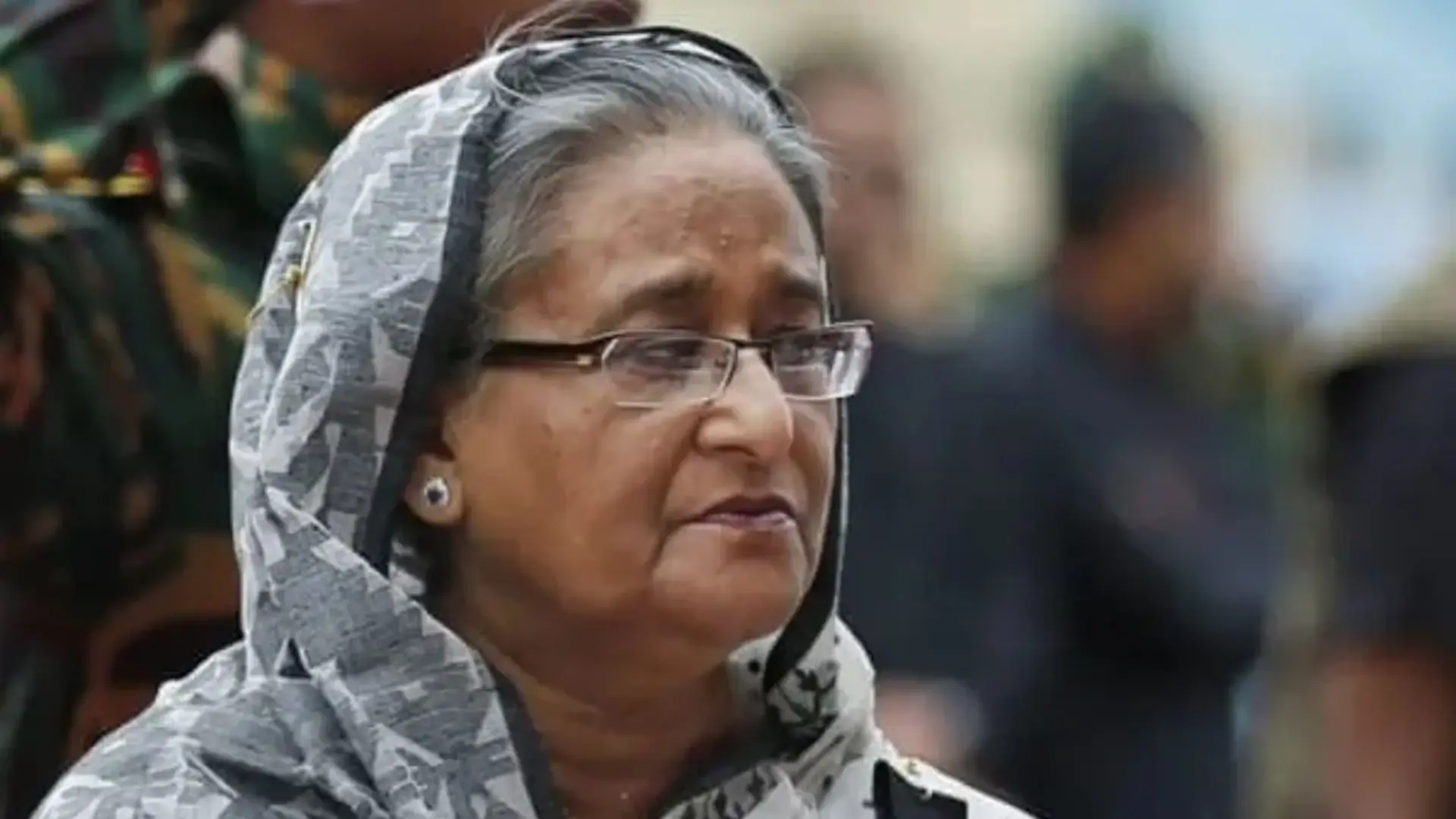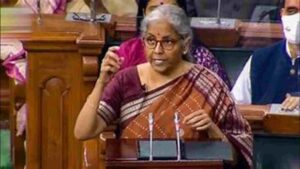Finance Minister Nirmala Sitharaman launched a strong critique of the Congress party during a debate on the Constitution in the Rajya Sabha on Monday. She accused the Congress of curbing free speech and restricting the expression of dissent, particularly under the leadership of Jawaharlal Nehru and Indira Gandhi.
Sitharaman pointed to the actions taken by the Congress government in the early years of India’s independence, which she argued limited freedom of expression. She highlighted the 1949 imprisonment of renowned lyricist Majrooh Sultanpuri and actor Balraj Sahni for their critical stance against the government. “Majrooh Sultanpuri was jailed in 1949 for reciting a poem that criticized Nehru. Despite his refusal to apologize, the Congress government imprisoned him,” Sitharaman explained.
The Finance Minister also mentioned the banning of Michael Edward’s political biography of Nehru in 1975 and the film Kissa Kursi Ka, which criticized Indira Gandhi. Sitharaman claimed these incidents were part of a broader pattern of suppressing works that challenged the government. “Congress’s record of curtailing freedom of speech didn’t stop with these two incidents. They banned these works simply for questioning the government,” she added.
Further, Sitharaman discussed the historical context in which the Constitution was framed, paying tribute to the 389 members of the Constituent Assembly, including 15 women, for their role in drafting the Constitution under difficult circumstances. “I salute the members of the Constituent Assembly for their hard work. The Constitution has withstood the test of time,” she said.
Sitharaman also reflected on the global context, noting that while over 50 countries wrote their Constitutions after World War II, many have since altered or abandoned them. In contrast, India’s Constitution has endured, though it has been amended to meet the evolving needs of the nation. She emphasized the importance of reaffirming India’s commitment to upholding the spirit of the Constitution as the country marks 75 years of its adoption.













